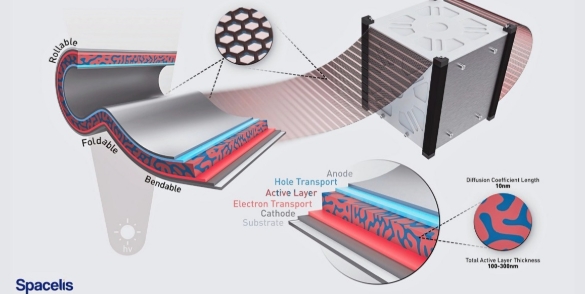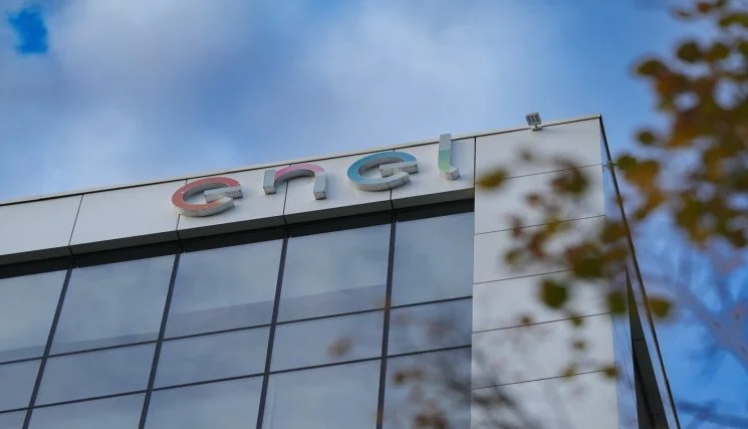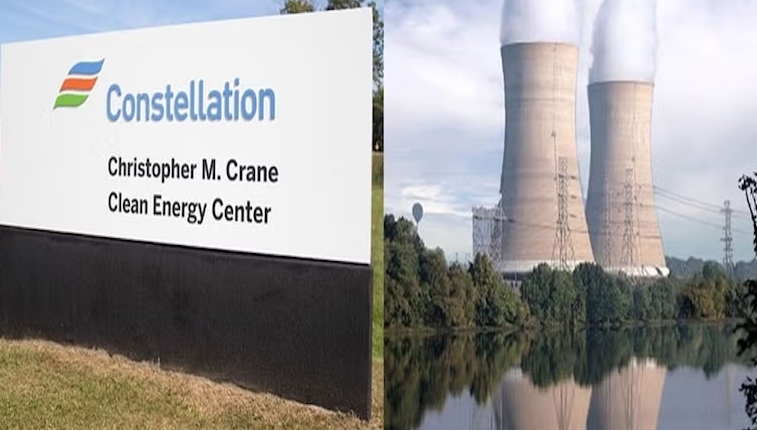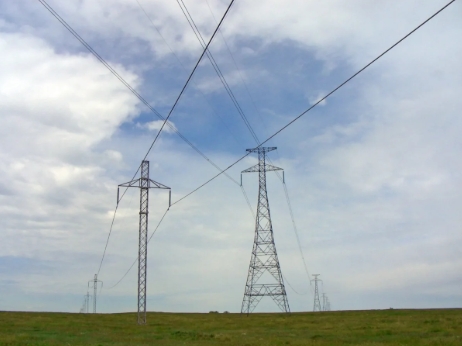
The technology targets a 10 kW/kg power-to-weight ratio, UV resistance exceeding 350 nm, and module weights of 60-75 g/m², including encapsulation. Their design features a high-barrier encapsulation and innovative polymer substrate, ensuring self-cleaning and dust-repellent surfaces. Founding this company in 2023, Guler Kocak, CEO and founder, has a strong academic background, including her PhD from Flinders University in Australia, which focused on non-fullerene acceptor-based organic photovoltaic (OPV) materials. This foundational research highlighted the potential of these materials for scalable commercial applications, particularly in tandem with perovskite solar cells.
Spacelis is currently finalizing prototypes to be ready for space-grade production next year, with plans for in-orbit testing by 2027. Their primary markets include Europe, Turkey, and the United States, serving the aerospace, defense, and space industries. They are also preparing for venture capital funding, aiming to raise $1 million for prototype development this year and $4 million for their go-to-market strategy to capture opportunities in next-generation photovoltaics, aerospace, defense, and deep tech sectors.
So far, the company has secured funding from TÜBİTAK and a grant from DIANA, as well as participated in startup accelerator programs in the UK and the US. Kocak recently presented her latest work at the 75th International Astronautical Congress in Milan, further solidifying Spacelis’ position as a leader in advancing sustainable and innovative solar solutions for space exploration and beyond.







